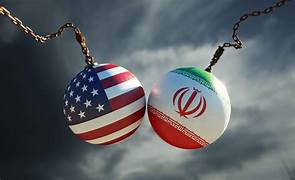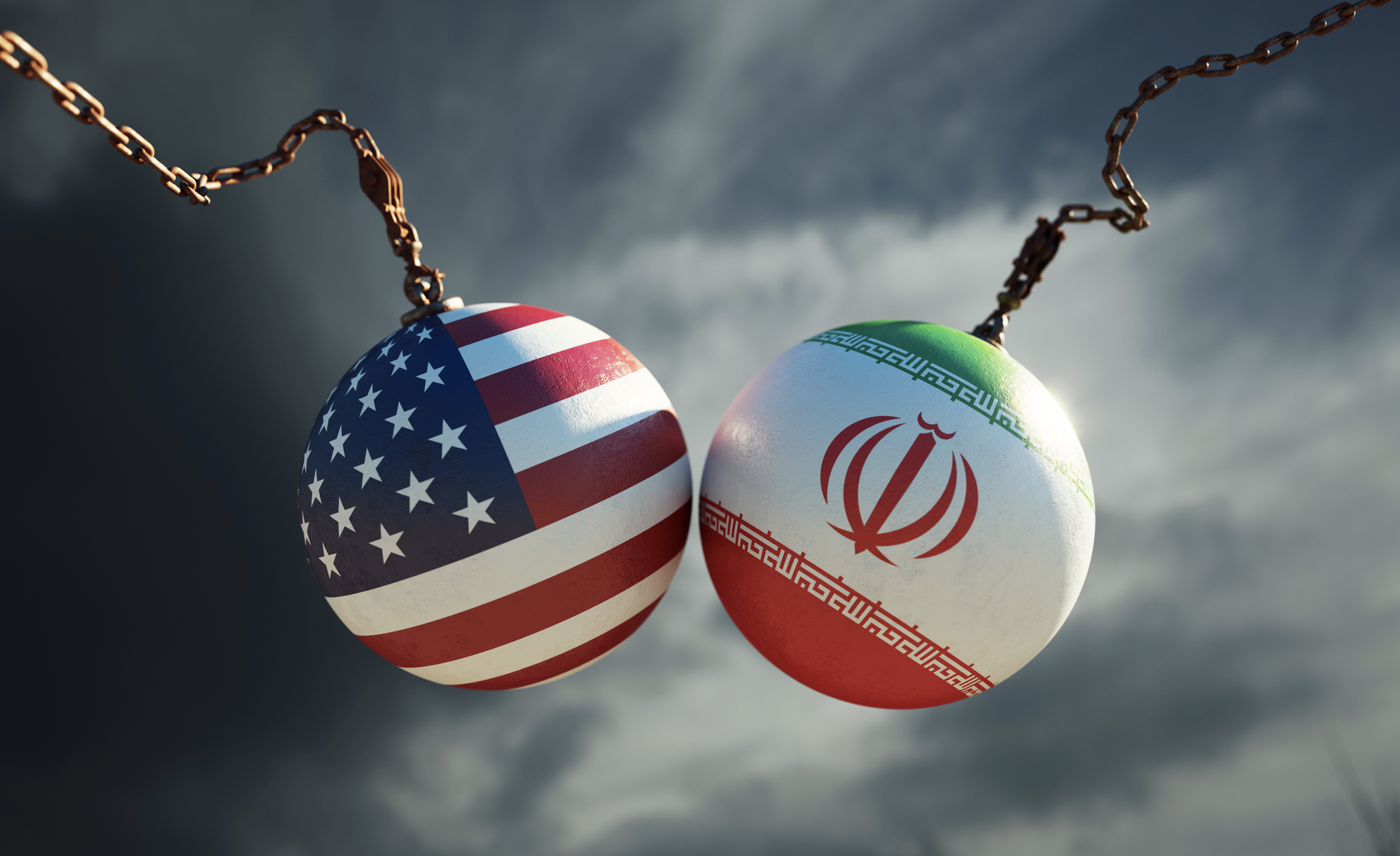Schmittian Moments 8


The geopolitical landscape has shifted irreversibly. Once, for all its hypocrisies and imperial overreach, the United States could be defended as a flawed but vital standard-bearer for democratic values, civil liberties, and its cultural heritage.
Its foreign policy was unforgivably destructive, yes - but it claimed a horizon of universality. It gestured toward ideals like democracy, freedom of speech, and human rights, even when breaching them. That gesture mattered. It created space for critique, reform, resistance.But that era is over.
With Donald Trump now inaugurated into a second term, a presidency no longer merely populist or reactionary, but unmistakably authoritarian, the United States has formally crossed the line into a Schmittian state. Trump’s America is no longer a constitutional democracy in crisis. It is a post-constitutional regime defined by Carl Schmitt’s central insight: that sovereignty rests with whoever decides the exception. Rule of law has yielded to rule by fiat. Politics has become an existential struggle between the “real Americans” and their enemies, immigrants, liberals, journalists, academics, queers, people of color. There are no neutral norms, only will to power.
This is fascism, American-style. Not a revival of 1930s aesthetics, but the concrete realization of white Christian nationalist dominance, enforced through executive decree, court-packing, voter suppression, and the criminalization of dissent. The Department of Justice is now an instrument of presidential revenge. Protesters are jailed. Critical race theory is banned. Trans lives are legislated out of existence. Dissenting media is branded "enemy of the people." The regime of exception is permanent. Trump is the sovereign.
Israel, too, has tipped into explicit fascism. The criminal Netanyahu and his ultra authoritarian government, now bolstered by ultranationalists and religious extremists, has dismantled judicial independence, deepened its occupation, and engaged in mass slaughter in Gaza with no pretense of proportion or legality. Tens of thousands of civilians are dead. Aid workers, journalists, doctors, targeted. International law is dismissed as anti-Semitic rhetoric. Ethnonational supremacy is no longer hidden; it is proudly declared.
In this context, the argument that the U.S. and Israel should be supported in their aggression against Iran, on the basis that Iran is an authoritarian theocracy, rings hollow. Yes, Iran’s regime is brutal. It murders protestors, subjugates women, executes dissidents, and spreads regional terror. But when fascist states go to war with authoritarian ones, moral calculus is not simply a matter of which regime is worse on paper. It is about what kind of world order we are empowering. It is about who gets to shape the future.
Trump’s America and Netanyahu’s Israel are not defending democracy against tyranny. They are rival authoritarian powers vying for dominance in a global landscape increasingly defined by Schmitt’s friend-enemy binary. Supporting U.S.-Israeli military action against Iran now is not a defense of liberal order. It is siding with one faction of fascism over another.
The culture of Shakespeare and Kafka no longer animates U.S. foreign policy. The First Amendment is a relic. The Voting Rights Act is gutted. Abortion is criminalized. Books are banned in public schools. Political loyalty is demanded under threat of persecution. The very institutions that once legitimized U.S. global power, independent courts, a free press, pluralist civil society, are being dismantled from within.
The same logic applies to Israel. Once defensible as a liberal democracy under siege, it now uses its trauma as license for tyranny. Settlements proliferate. Annexation is normalized. Palestinian life is expendable. Theocratic violence is state policy. Civil rights activists, Jewish, Christian and Arab, are branded traitors. Even within the Jewish diaspora, a rift has opened: between those who demand justice and those who defend apartheid.
What does this mean for Iran? It means we must condemn the regime unequivocally, but refuse to lend support to U.S. or Israeli aggression under the illusion that they represent the democratic alternative. They no longer do. This is not a clash of civilizations. It is a clash of rival authoritarianisms, each willing to destroy the world to preserve its own illusion of sovereignty.To back military action now is not to preserve order, it is to amplify chaos. It is to entrust the future to states that have abandoned the very principles on which their legitimacy once stood.
Nations that still cling to democratic norms, however imperfectly, must draw a hard line. Canada, European democracies, Latin American progressives, African and Asian pluralist movements: this is the time for dissociation, not complicity. A war against Iran waged by Trump’s America and Netanyahu’s Israel would not be a defense of the free world. It would be a fratricidal act in the name of competing despotisms.
There can be no more lesser-evilism. No more strategic silence. No more apologies for the powerful. The U.S. has declared the end of liberalism at home; it cannot be permitted to weaponise it abroad. Israel has sacrificed democracy on the altar of ethno-nationalist purity; it cannot claim the mantle of justice as it bombs refugee camps.
To support their war is to abandon the possibility of any future grounded in human rights, plurality, and peace. The only moral position now is refusal. Resistance must come from below, across borders, against all forms of fascism, clerical or capitalist, Zionist or nationalist, Trumpist or Islamist.
The line must be drawn. And it must be drawn here.